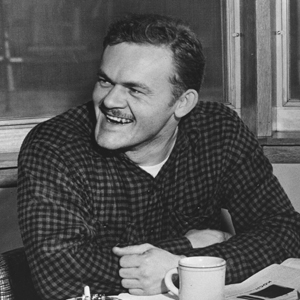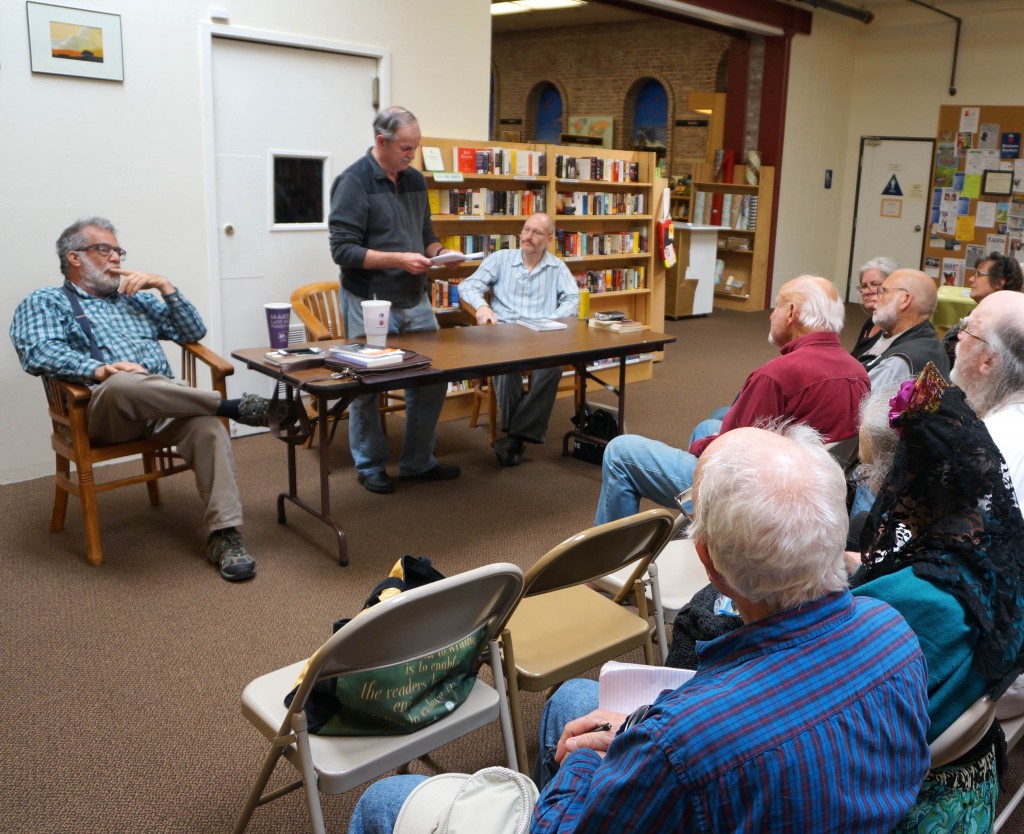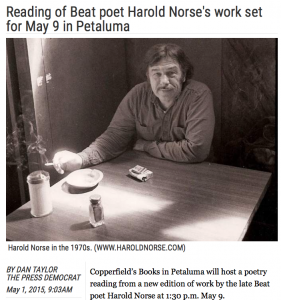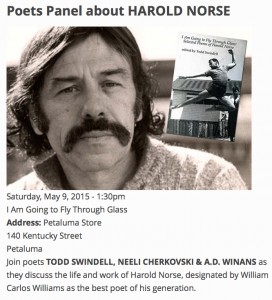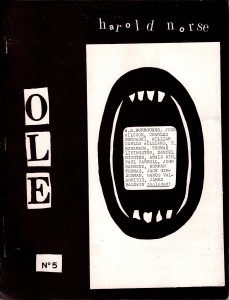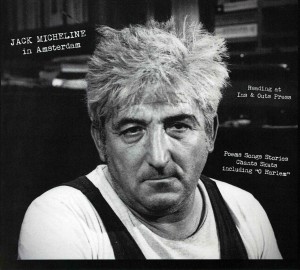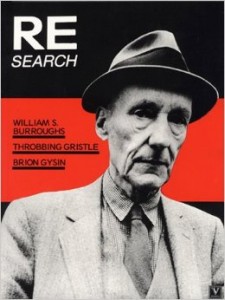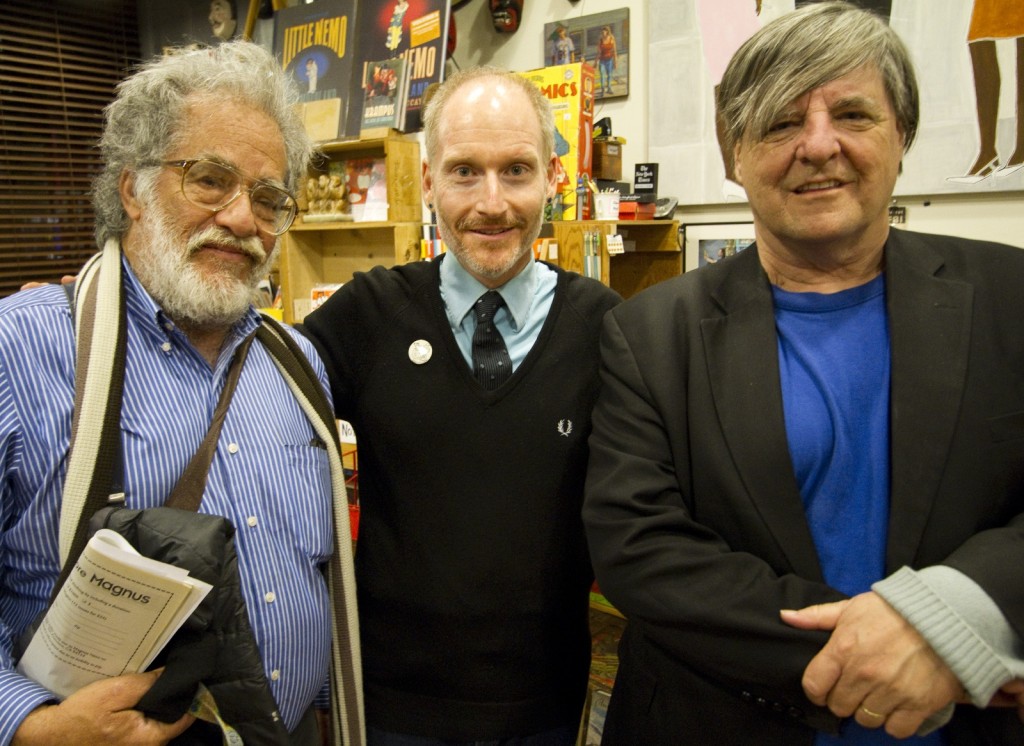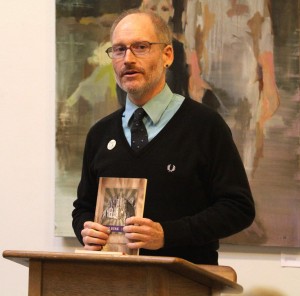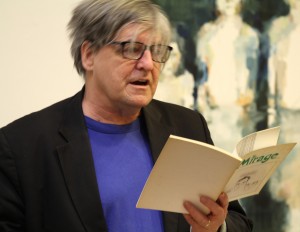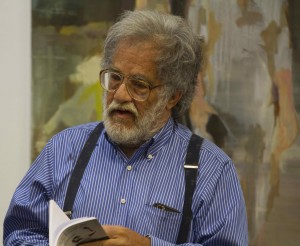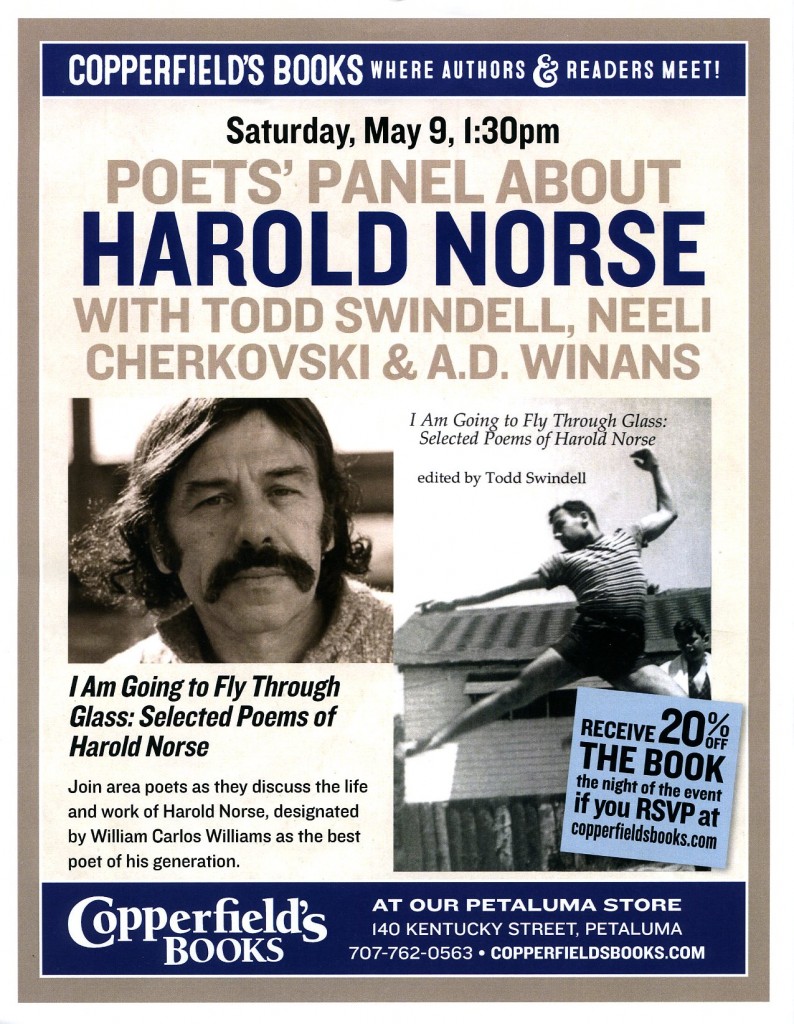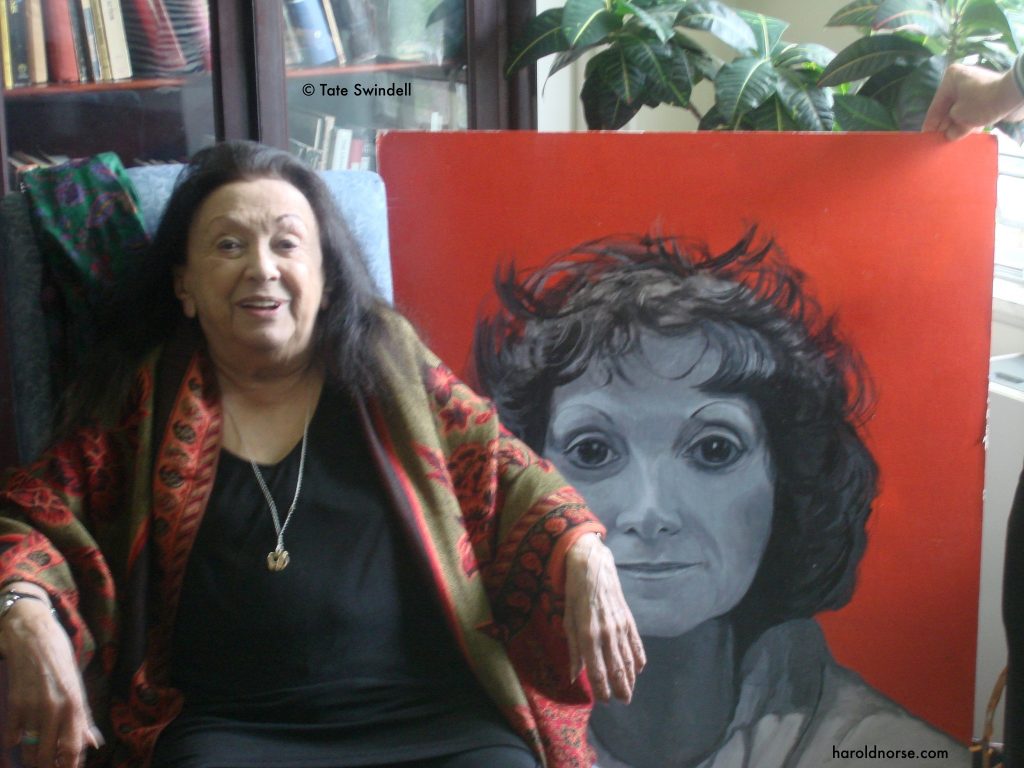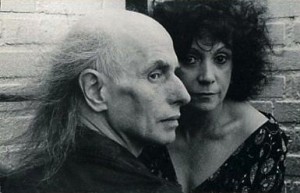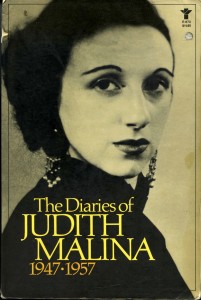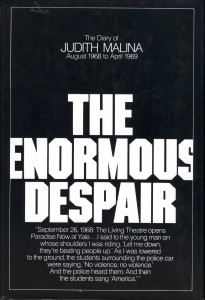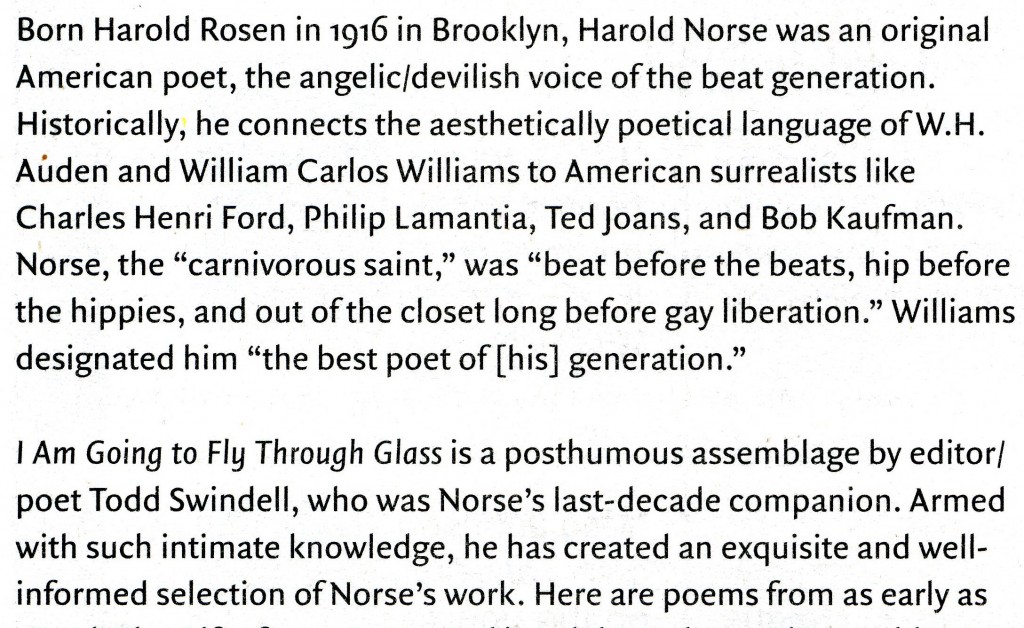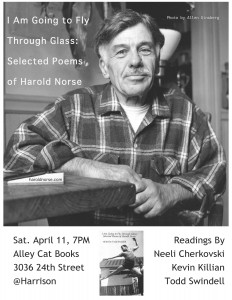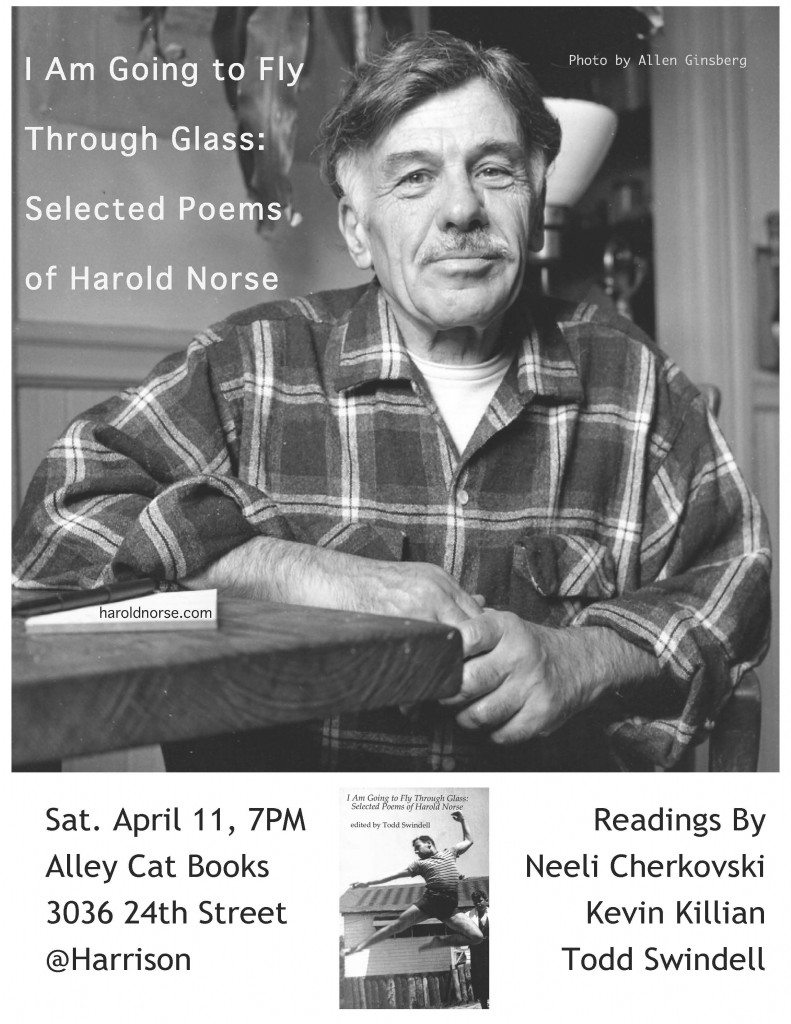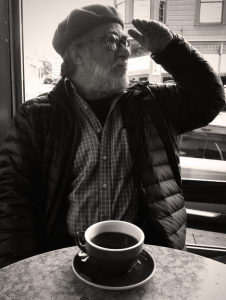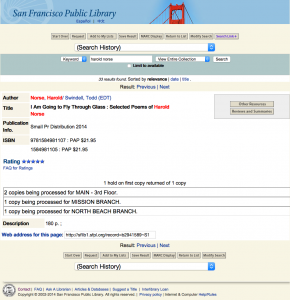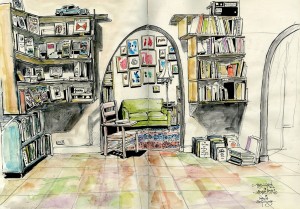
 Following the recent mention of Harold Norse’s correspondence with Charles Bukowski in The New York Times, the latest review of I Am Going to Fly Through Glass: The Selected Poems of Harold Norse is now available online at International Times– the newspaper of resistance.
Following the recent mention of Harold Norse’s correspondence with Charles Bukowski in The New York Times, the latest review of I Am Going to Fly Through Glass: The Selected Poems of Harold Norse is now available online at International Times– the newspaper of resistance.
This fantastic review was penned by Harold’s good friend the poet Jack Foley, who has been doing a great job lately of shinning a light on Harold’s poetry. Yesterday the first half of his two part radio show, Cover to Cover, a weekly fixture on KPFA, 94.1 FM, was dedicated to Norse and featured excerpts from a 1991 interview that Jack recorded with Harold. The concluding episode will air Sept. 9th at 3:30 PM. The show is continually available online at this link.
Talisman House Publishers has recently published I’m Going to Fly Through Glass, a new Selected Poems by Harold Norse. Lovingly edited by Todd Swindell and with an introduction by Neeli Cherkovski, it’s an excellent passageway into the work of a man admired by writers as diverse as James Baldwin, William Carlos Williams, W.H. Auden, Allen Ginsberg, and Charles Bukowski. The cover of I’m Going to Fly Through Glass features a remarkable 1938 photograph of the young poet executing a balletic leap, a tour jeté en l’air. I’m sure it’s the hope of Todd Swindell that Harold Norse’s reputation will perform a similar leap because of this book.
Not only a wonderful review of the book, it’s a thoughtful appreciation of Harold’s life. Furthermore Jack’s piece, which is more of an essay in length, provides an insight to the reasons Harold’s work has been unjustly neglected in the continued examination of 20th Century poetics, particularly among Beat poets.
Shouldn’t there be a place for a man who, in Auden’s phrase, spent his life in “writing well”? Isn’t it the point of magazines like The American Poetry Review (APR) to direct readers towards the little known, the careful, caring writers who kept the flame alive but who never used it to burn anything down? May Todd Swindell’s carefully-edited libellus (“little book,” as Catullus put it) bring Harold the readers his work deserves.
 Founded in London in 1966, International Times was part of the radical underground press in England through the late 1960s and into the 1970s. Among its contributors were poet and social commentator Jeff Nuttall along with Harold’s friends and fellow Beat writers William Burroughs and Allen Ginsberg. Among its editors were Mike Lesser, Chris Sanders, the poet Eddie Woods (another of Harold’s close friends) along with poet, actor and dramatist Heathcote Williams who continues the paper online, including a complete digital archive of its earlier issues.
Founded in London in 1966, International Times was part of the radical underground press in England through the late 1960s and into the 1970s. Among its contributors were poet and social commentator Jeff Nuttall along with Harold’s friends and fellow Beat writers William Burroughs and Allen Ginsberg. Among its editors were Mike Lesser, Chris Sanders, the poet Eddie Woods (another of Harold’s close friends) along with poet, actor and dramatist Heathcote Williams who continues the paper online, including a complete digital archive of its earlier issues.
I’m grateful to Heathcote Williams and the staff of International Times for highlighting the vibrant life and work one of America’s under appreciated poets- Harold Norse.

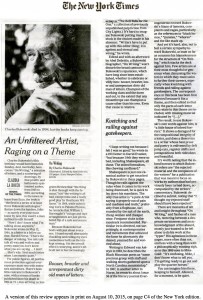
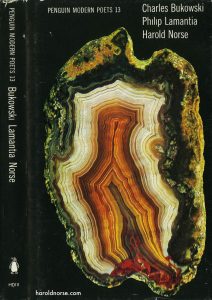

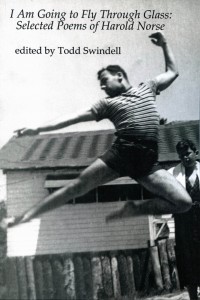 The title of the book is I’m Going to Fly Through Glass, and the cover features a remarkable 1938 photograph of the young poet executing a balletic leap, a tour jeté en l’air. Other photographs are contained in the book as well. Jack opens the show with a piece he published soon after Harold’s death and then plays excerpts from an interview he did with Harold in 1991.
The title of the book is I’m Going to Fly Through Glass, and the cover features a remarkable 1938 photograph of the young poet executing a balletic leap, a tour jeté en l’air. Other photographs are contained in the book as well. Jack opens the show with a piece he published soon after Harold’s death and then plays excerpts from an interview he did with Harold in 1991.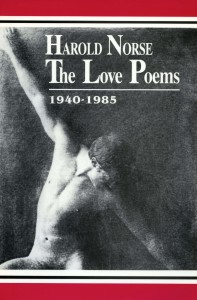

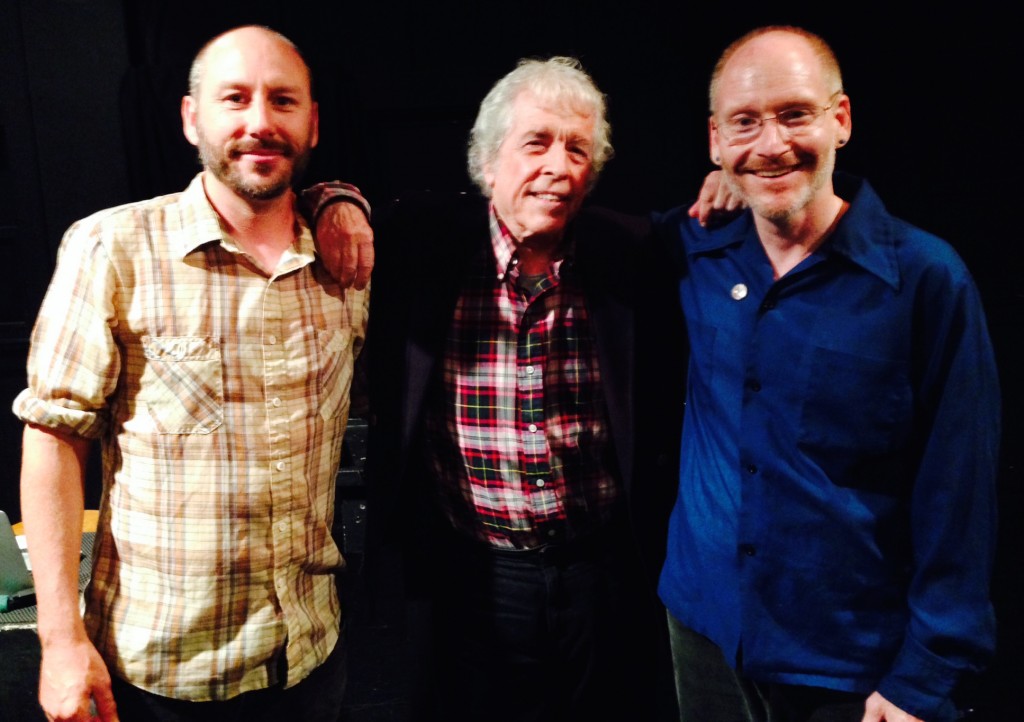
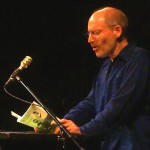
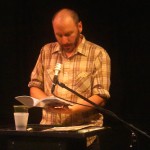
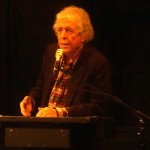
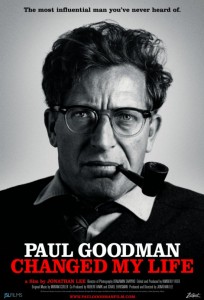
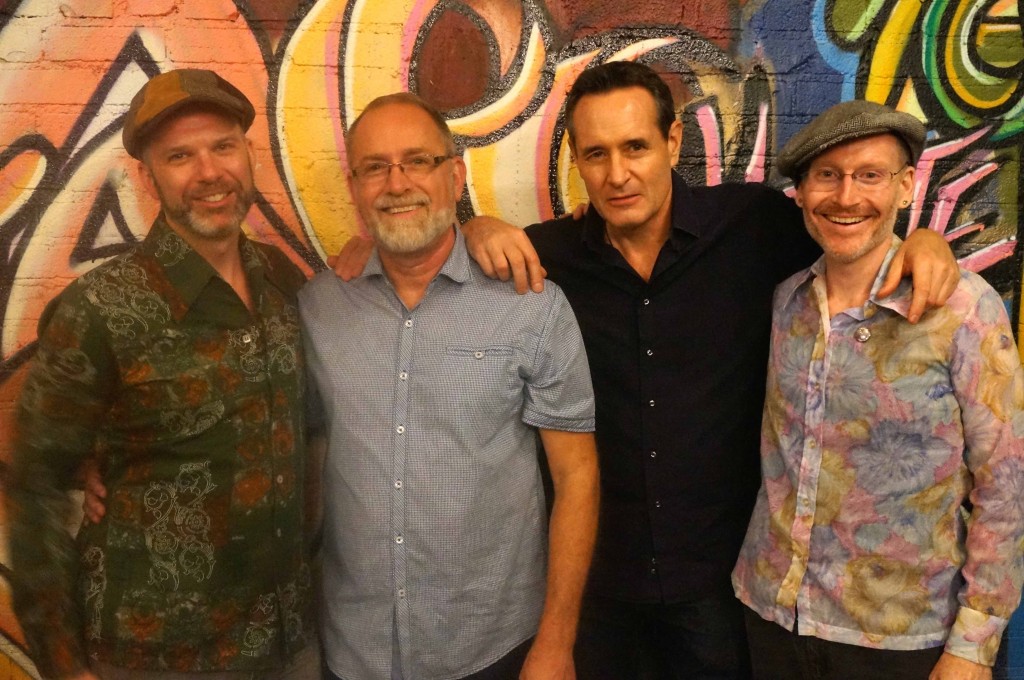
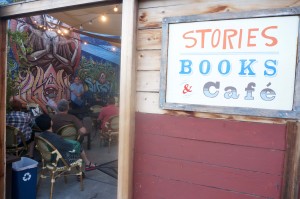
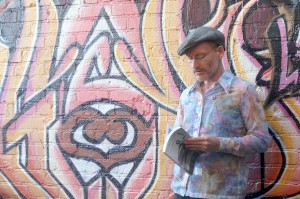
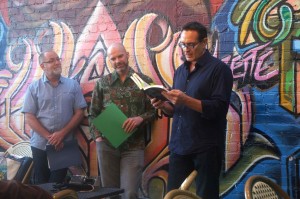

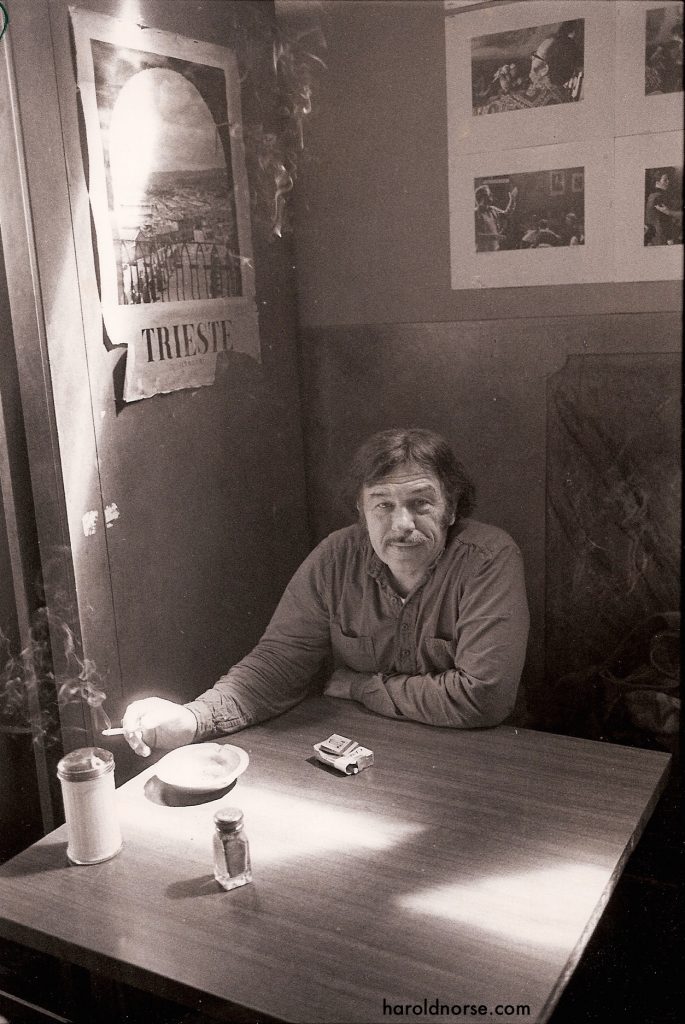
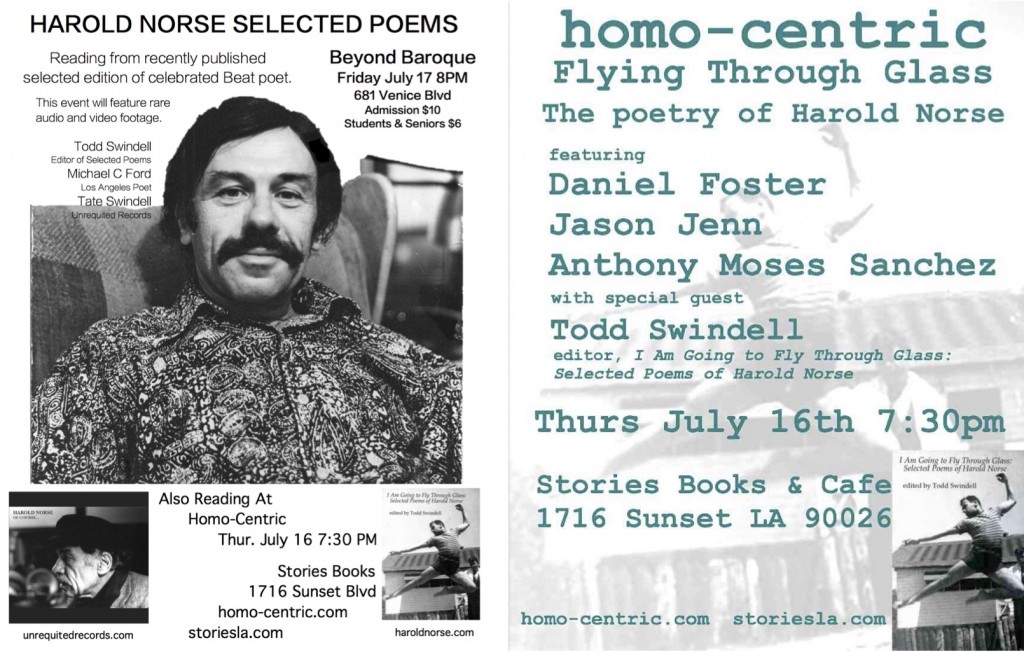
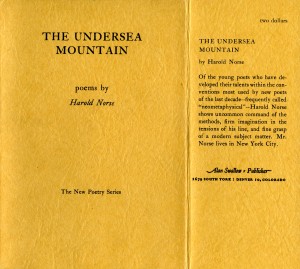
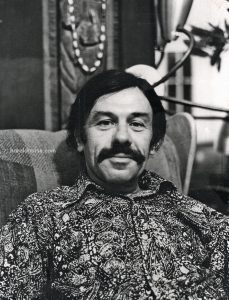
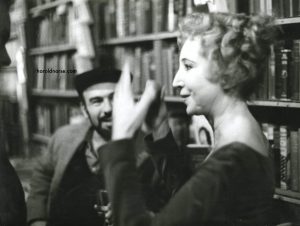
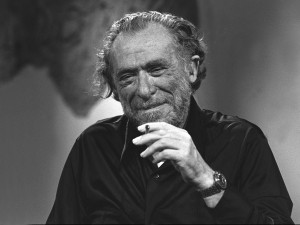

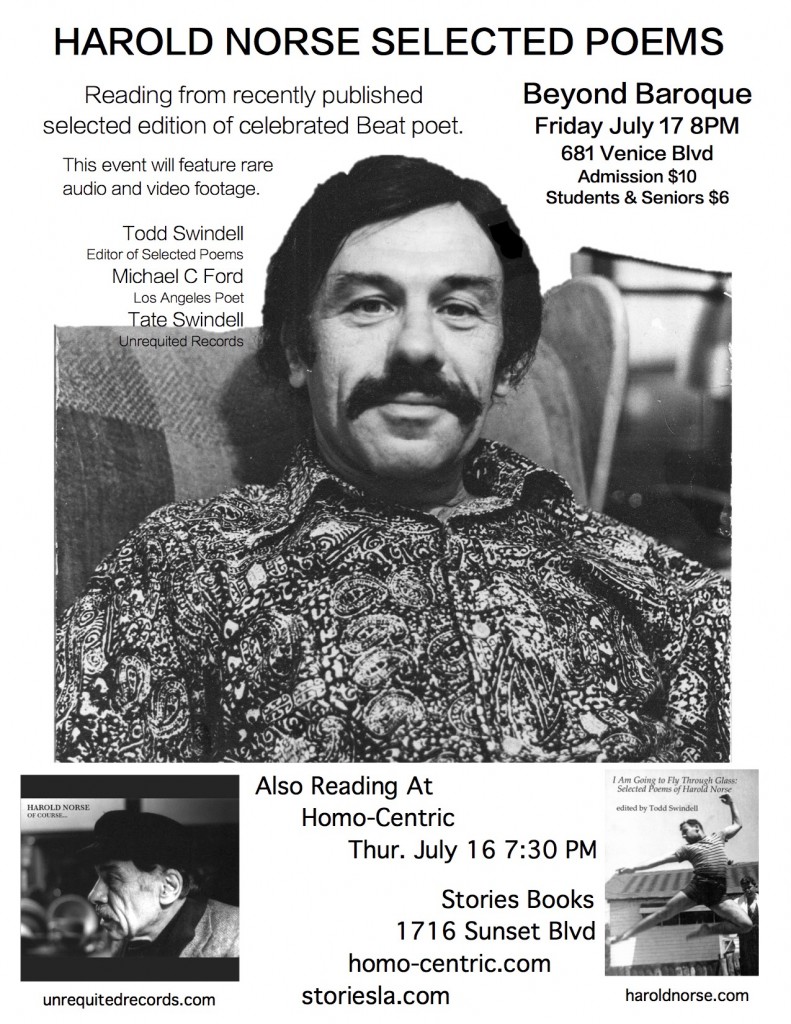
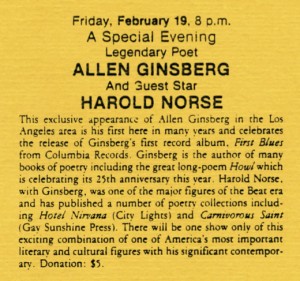
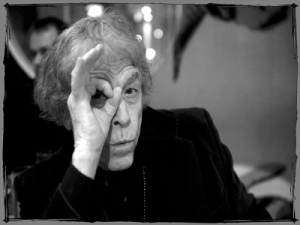
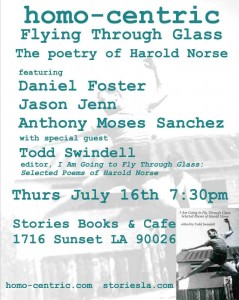
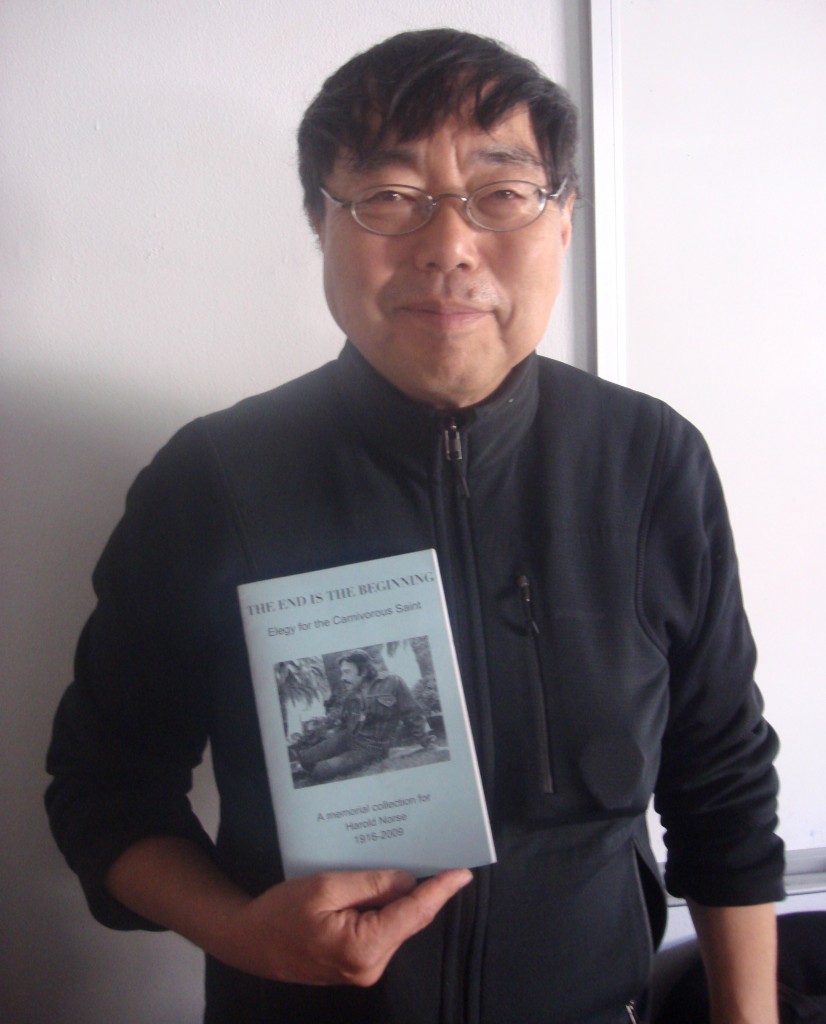
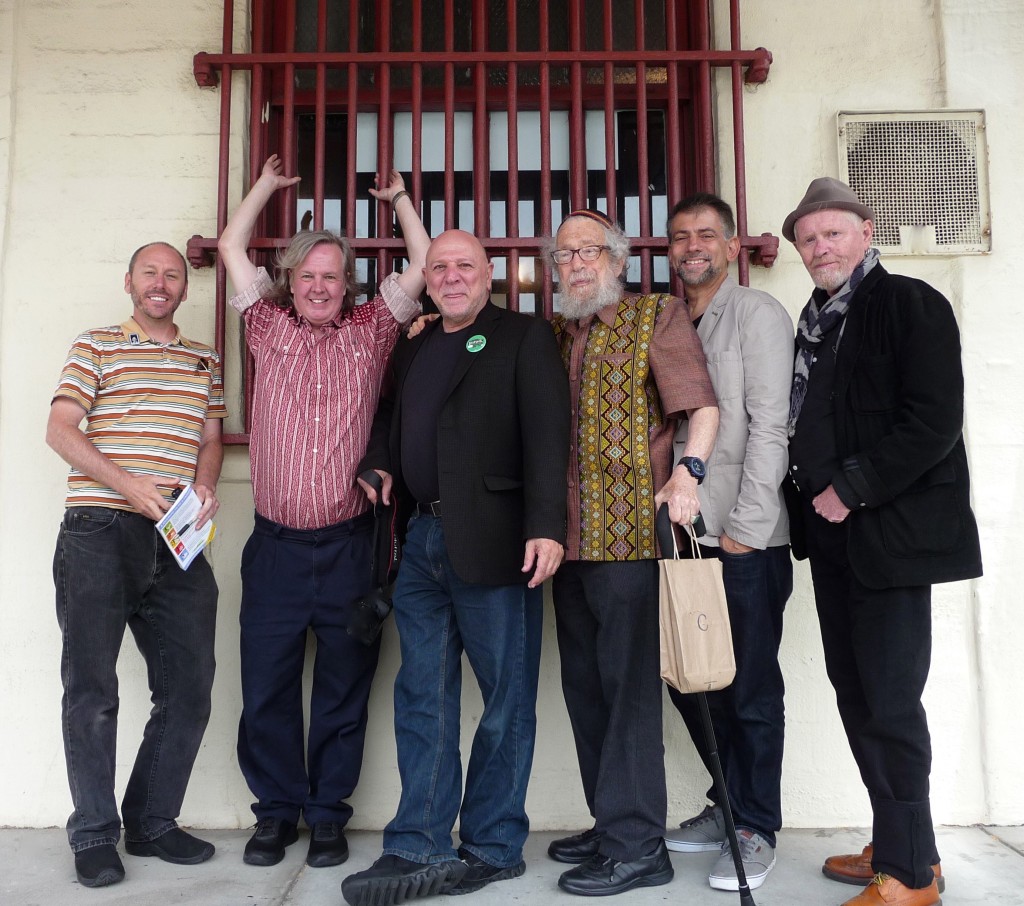
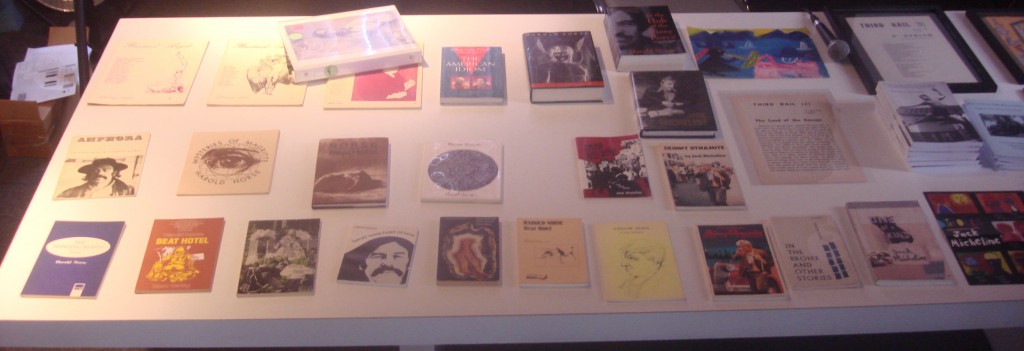
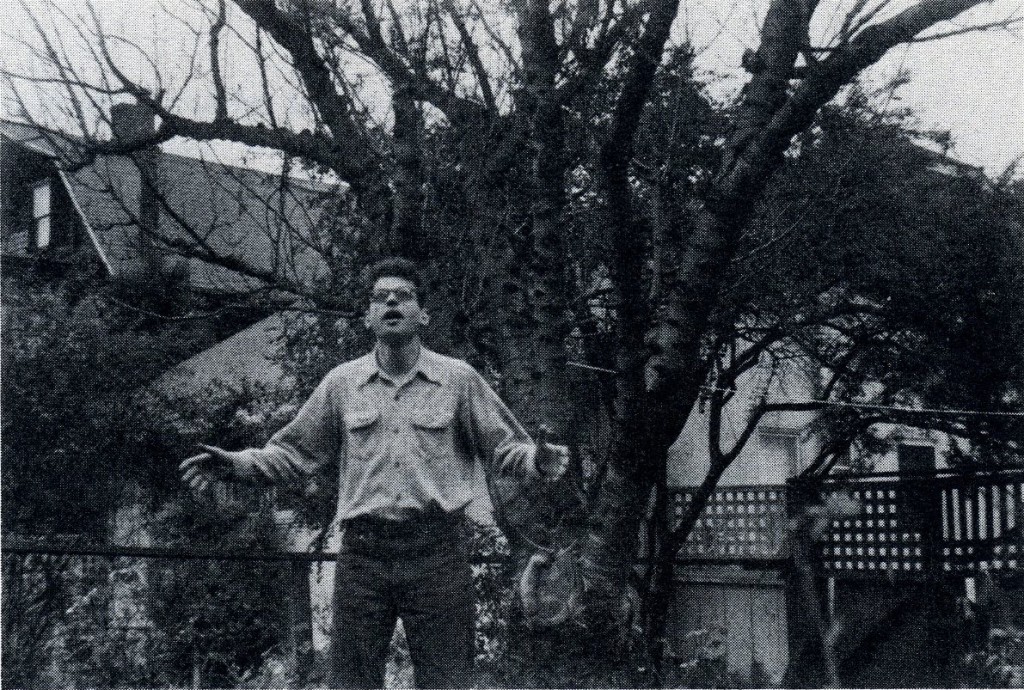
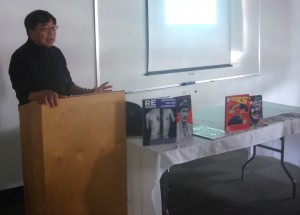
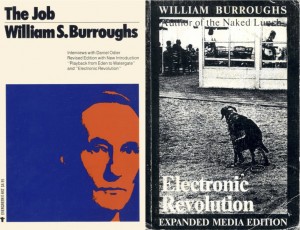
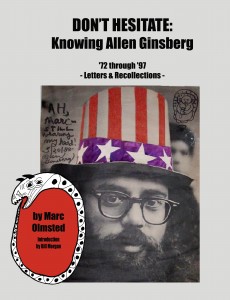
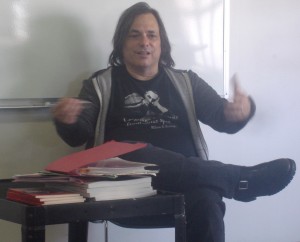
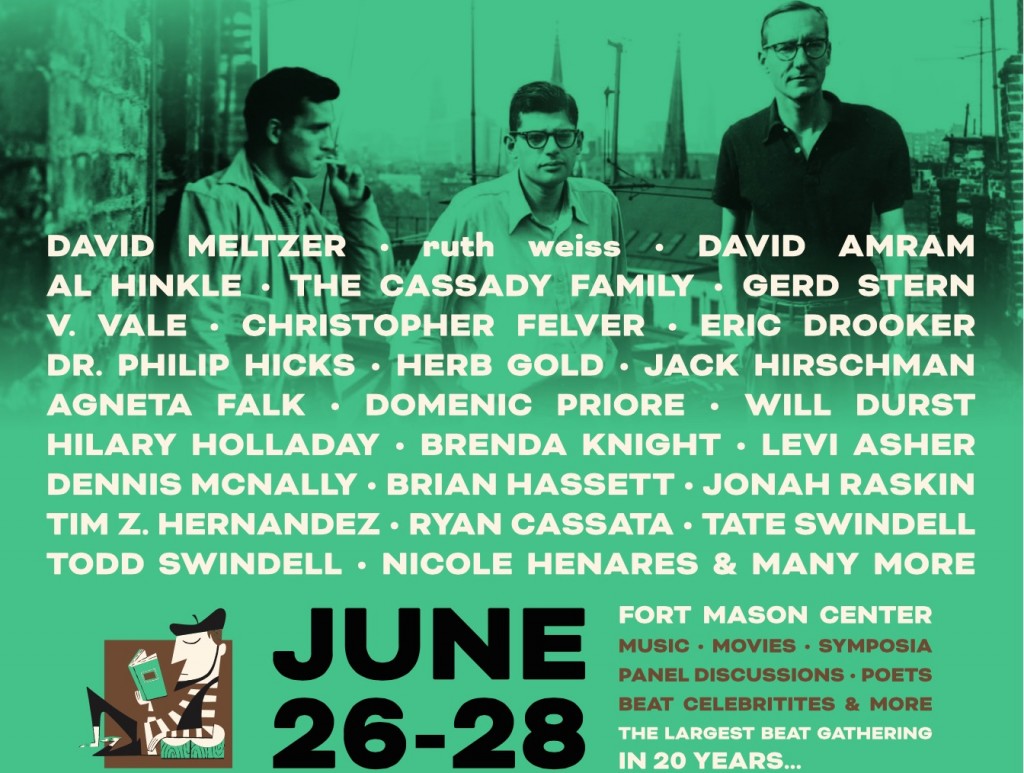
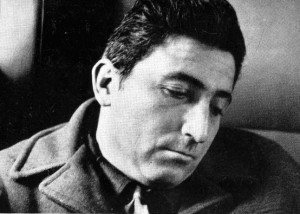
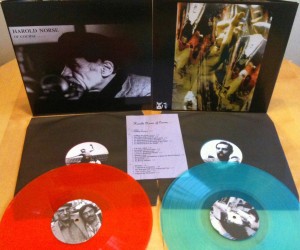 presentation will include a display of rare books and ephemera by both poets along with audio clips and never before screened video. Unrequited Records has released poetry recordings that were originally issued on cassette by Eddie Woods’ Ins & Outs Press, among them a captivating reading by
presentation will include a display of rare books and ephemera by both poets along with audio clips and never before screened video. Unrequited Records has released poetry recordings that were originally issued on cassette by Eddie Woods’ Ins & Outs Press, among them a captivating reading by 



